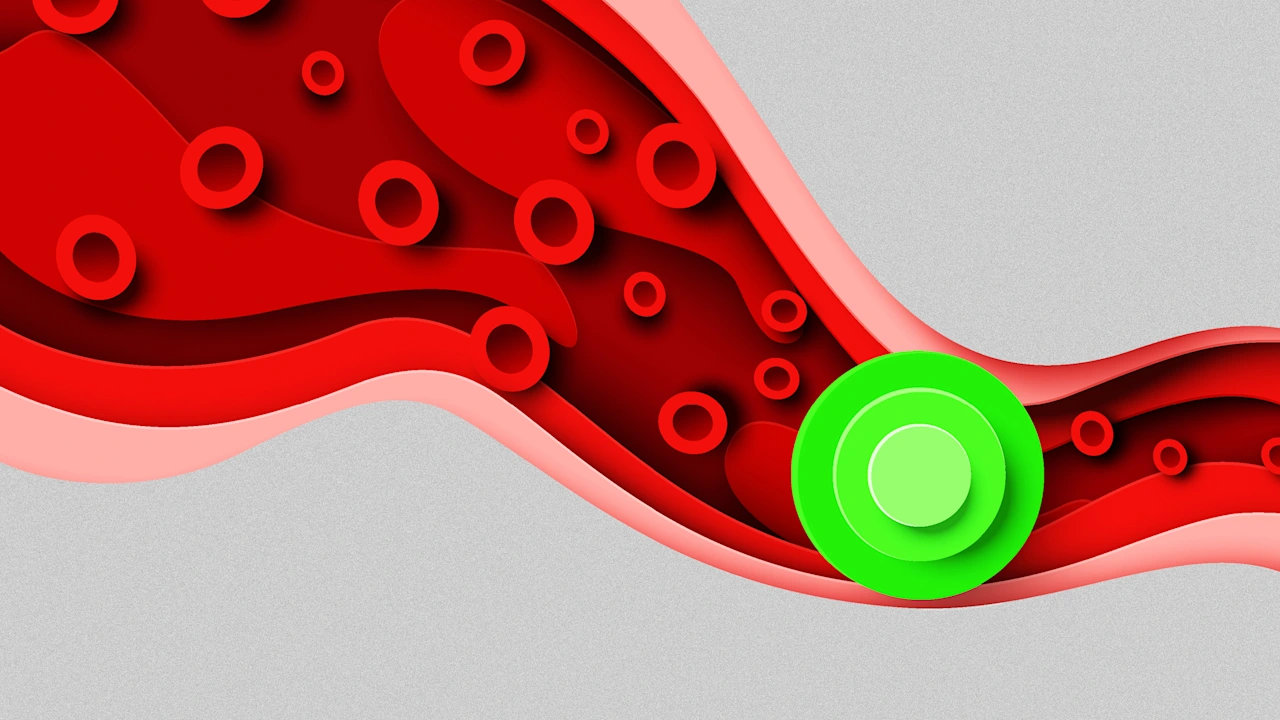Health
Blood Test Detects Over 50 Cancers, Promising Early Diagnosis

A groundbreaking study has revealed that a blood test developed by U.S. pharmaceutical company Grail can detect over 50 types of cancer, potentially revolutionizing early diagnosis and treatment. The Galleri test identifies fragments of DNA in the bloodstream that may indicate the presence of cancerous tumors. This innovative approach targets cancers that currently lack established screening programs, offering hope for earlier intervention.
Study Overview and Findings
The findings were presented at the European Society for Medical Oncology meeting in Berlin and are based on the PATHFINDER 2 study, which involved more than 36,000 participants aged 50 and older, all of whom showed no cancer symptoms at the outset. Over a year of follow-up, the Galleri test successfully detected about 40.4% of cancer cases. Among those who received a positive result, 61.6% were later diagnosed with cancer, marking an improvement over previous trials.
According to Josh Ofman, president of Grail, combining the Galleri test with existing screenings for common cancers such as breast, cervical, colorectal, lung, and prostate could yield a more than seven-fold increase in the cancer detection rate. Notably, the test also identified difficult-to-diagnose cancers, including ovarian and pancreatic types, which often elude traditional screening methods.
Impact on Cancer Diagnosis and Future Research
More than half of the cancers detected by the Galleri test were classified as stage I or II, indicating that many were caught at an earlier, more treatable stage. The test demonstrated a remarkable accuracy of 92% in predicting the cancer’s origin, further emphasizing its potential utility in clinical settings.
Sir Harpal Kumar, Grail’s president of biopharma, stated that the results are “compelling,” emphasizing that early detection is crucial, as most cancer-related deaths occur due to late diagnoses. He noted, “The vast majority of people who die from cancer do so because we find their cancers too late.”
Despite the promising results, experts urge caution. Some have highlighted the necessity for further research to refine the test and mitigate the risk of overdiagnosing cancers that may not pose significant health threats. This caution reflects concerns about the psychological and financial implications of unnecessary treatment.
The Galleri test is currently undergoing trials in England, where 140,000 participants are being monitored, with results expected in the coming year. As research continues, the potential for this test to enhance cancer diagnosis and improve patient outcomes remains a focal point in the conversation about cancer care and screening protocols.
-

 Business1 week ago
Business1 week agoIconic Sand Dollar Social Club Listed for $3 Million in Folly Beach
-

 Politics1 week ago
Politics1 week agoAfghan Refugee Detained by ICE After Asylum Hearing in New York
-

 Health1 week ago
Health1 week agoPeptilogics Secures $78 Million to Combat Prosthetic Joint Infections
-

 Lifestyle1 week ago
Lifestyle1 week agoJump for Good: San Clemente Pier Fundraiser Allows Legal Leaps
-

 Science1 week ago
Science1 week agoResearchers Achieve Fastest Genome Sequencing in Under Four Hours
-

 Health1 week ago
Health1 week agoResearcher Uncovers Zika Virus Pathway to Placenta Using Nanotubes
-

 World1 week ago
World1 week agoUS Passport Ranks Drop Out of Top 10 for First Time Ever
-

 Business1 week ago
Business1 week agoSan Jose High-Rise Faces Foreclosure Over $182.5 Million Loan
-

 Entertainment1 week ago
Entertainment1 week agoJennifer Lopez Addresses A-Rod Split in Candid Interview
-

 World1 week ago
World1 week agoRegional Pilots’ Salaries Surge to Six Figures in 2025
-

 Science1 week ago
Science1 week agoMars Observed: Detailed Imaging Reveals Dust Avalanche Dynamics
-

 Top Stories1 week ago
Top Stories1 week agoChicago Symphony Orchestra Dazzles with Berlioz Under Mäkelä









